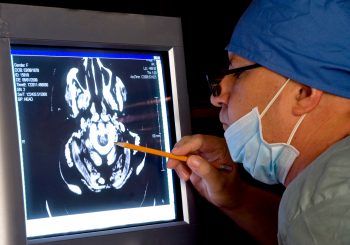
Diagnosing Alzheimer's Disease
Diagnosing Alzheimer’s Disease can be challenging. Dementia issues can be attributed to a variety of causes. If you have a loved one living with dementia, there are numerous physical and diagnostic tests for a diagnosis. The main evaluation steps are: a visit with a primary care physician, memory cognition testing, lab tests, neurological testing, and brain imaging. It is important to note home tests are not advisable and should be avoided. They have not been s...
Read More
Read More









